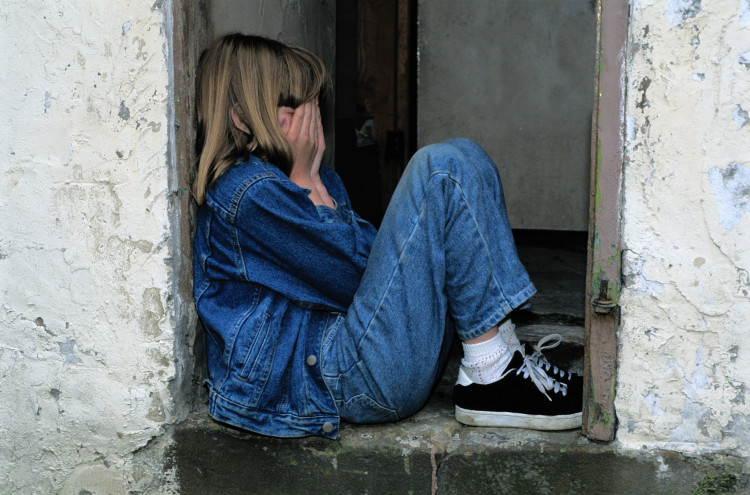Experiencing anxiety is just normal and could sometimes be a good thing, according to experts. The adrenaline rush that happens whenever a person is anxious is perfect, especially when finishing certain tasks with accuracy and efficiency. Unfortunately, not all people can handle such a strong emotion. And children are not exempted with it.
As posted by Psycom, there are about six types of anxiety that can manifest among children. These include generalized anxiety disorder, separation anxiety disorder, specific phobia, selective mutism, social anxiety disorder, and panic disorder. All these types have the same common denominator- they can all make a child feel afraid and alone.
Unfortunately, it is not easy to treat young children from these psychological disorders. The reasons why this is presently happening in the medical field include poor health insurance coverage, adults not being aware of what is happening to their child, child's resistance to treatment, and lack of specific health programs that could help them get well.
To help these children, Yale University conducted an experimental program. The program's goal is to train their parents on how to help their child combat anxiety in the best way they can.
"In terms of the problem, we've known for a long time that parents play a role in anxiety," says Eli Lebowitz, Ph.D., a Yale School of Medicine psychologist. He explained that what he said doesn't mean it is the parents who should be blamed for their child's psychological situation. What he meant is, parents play a huge part in helping their child to become better, and that alone should be maximized.
In the course of the treatment, according to Health Line, the parents who will be trained to learn specific techniques and tools. These they can use as they communicate and deal with their children.
This newest anxiety treatment is now about to work hand in hand with the program called SPACE, which is an abbreviation for Supportive Parenting for Anxious Childhood Emotions. The goal of the program is to alter the minds of the parents into something that will benefit their children more. By doing so, children will feel more accepted despite going through such a hard time and at the same time still be confident, which could eventually help them cope with anxiety.
"What we have found is that if you do this consistently if you increase that supportive behavior and you decrease the accommodations, children's anxiety improves significantly," Lebowitz explains. The expert also believes that just by simply adopting this treatment could already create a huge change in the life of a child, which could eventually help him get cured without exposing him to a lot of anxiety medications and treatment.






